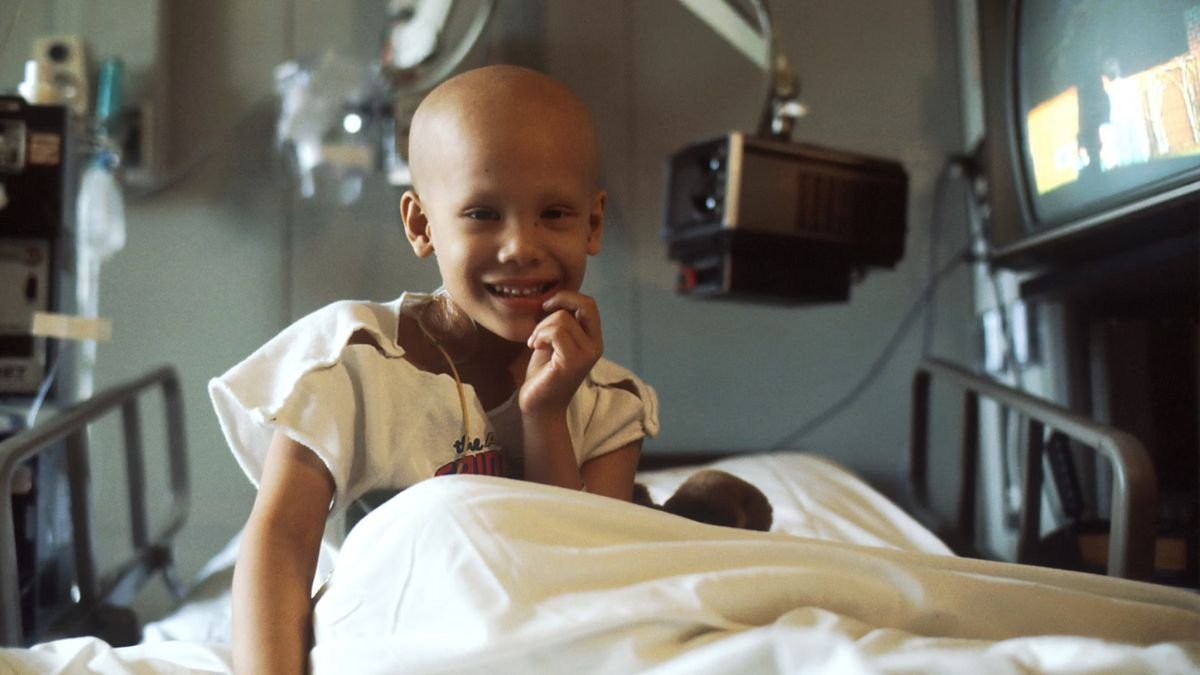BELGIUM: At just six years old, Belgian boy Lucas Jemeljanova was diagnosed with diffuse intrinsic pontine glioma (DIPG), one of the most aggressive and deadly childhood brain cancers. This disease attacks the brainstem, making surgery impossible and leaving most patients with a life expectancy of less than a year. DIPG has historically carried a 98 percent fatality rate within five years of diagnosis, offering almost no hope for long-term survival.
Lucas’s story began to change when he joined the BIOMEDE trial at the Gustave Roussy Cancer Center in Paris. This study tested three different cancer drugs selected according to each patient’s tumor biology. By chance, Lucas was assigned the drug everolimus, which blocks a protein that helps cancer cells grow. His doctors closely monitored him through a series of MRI scans.
Over time, something remarkable happened. The scans revealed that Lucas’s tumor had completely vanished — an outcome never before seen in DIPG cases. For a cancer long regarded as uniformly fatal, this result is unprecedented and has generated excitement among researchers and oncologists worldwide.
Doctors believe Lucas’s tumor carried a rare mutation that made it unusually sensitive to everolimus, essentially opening a new pathway for treatment. Lead physician Dr. Jacques Grill called the case “real hope” for DIPG patients and their families. His team is now studying Lucas’s tumor cells in depth to uncover what triggered such an extraordinary response.
This breakthrough has implications far beyond one child. By analyzing Lucas’s unique tumor biology, researchers hope to develop targeted treatments for other DIPG patients, potentially transforming how this devastating disease is managed. While more research is needed, Lucas’s recovery represents a milestone in the fight against pediatric brain cancer.



